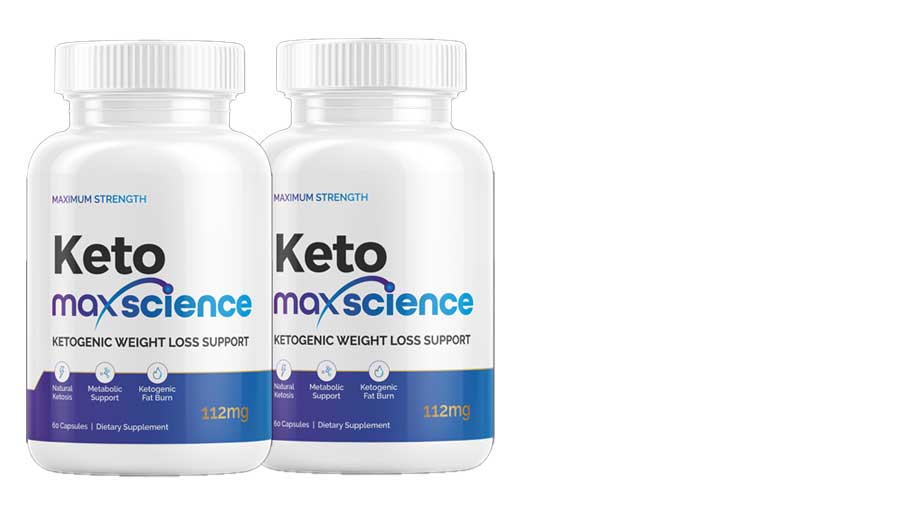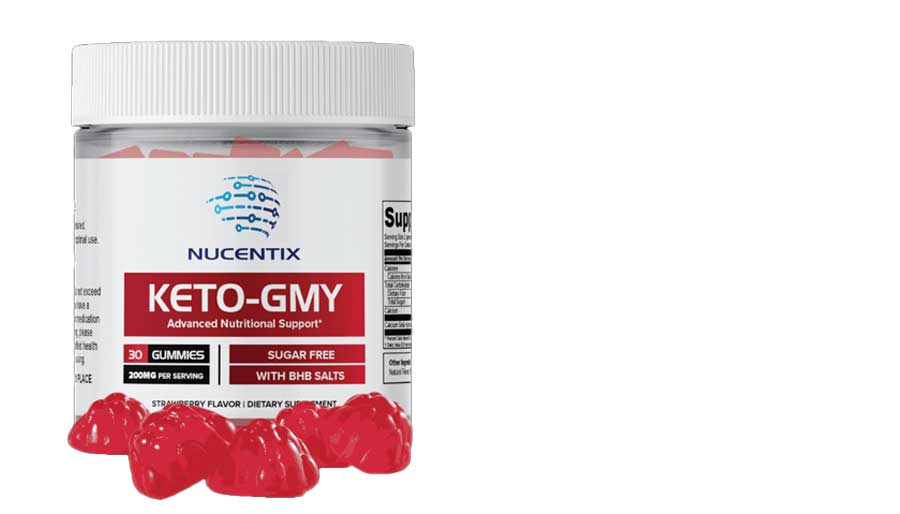
APPLE CIDER VINEGAR / ACV
What is it?
> Scientific/Other Names: ACV, Acetic acid solution derived from fermented apples
> Supplement Type: Fermented food product
> Taken as: Liquid, capsule, tablet. Often used as a diluted solution. ACV gummies, which have gained popularity as a convenient and more palatable alternative to consuming liquid Apple Cider Vinegar
Apple cider vinegar (ACV) is made by fermenting the sugars from apples. This fermentation process produces acetic acid, which is the main active component of ACV. It has been used in cooking and as a folk remedy for various health issues for centuries. It is commonly consumed as a diluted solution or added to foods and beverages.
What are the benefits of taking Apple Cider Vinegar?
Apple cider vinegar benefits may include:
- Aid in weight loss
- Improve digestion
- Regulate blood sugar levels
- Support cardiovascular health
- Provide antimicrobial benefits
How does it work?
The acetic acid in apple cider vinegar is believed to be the active component. It may help increase feelings of fullness, leading to reduced calorie intake and weight loss. ACV can slow the digestion of starches, which helps prevent blood sugar spikes. Its antimicrobial properties may help combat bacteria and improve gut health. Additionally, ACV might lower cholesterol and improve heart health by influencing lipid metabolism.
See our guide on Supplement Mechanisms
Is there evidence that it helps with weight loss?
> Clinical Trials: Limited number of human trials
> Test Size: Small to medium (less than 50 to 250 participants)
> Results: Some studies suggest that ACV can help aid in weight loss through appetite suppression. A small study published in the European Journal of Clinical Nutrition in 2005 found that participants who consumed vinegar with a high-carb meal reported increased satiety compared to those who did not consume vinegar.
> Another study concluded that the acetic acid in ACV may help reduce fat accumulation in the body. The trial found that daily consumption of ACV led to modest reductions in body weight, body fat mass, and serum triglyceride levels in obese people. Participants consumed either 15ml or 30ml of vinegar daily, resulting in an average weight loss of 1.2 kg and 1.7 kg, respectively.
Many studies on ACV and weight loss have been small and short-term, with variable results. Larger, long-term studies are needed to provide more definitive evidence.
See our guide on trial sizes.
What is the effective dose of ACV?
Liquid: The effective dose is around 2 tablespoons (30 ml) per day = approx. 1500mg of acetic acid
Capsules / tablets / Gummies: Typically contain 285-500 mg of ACV per serving = 14-25mg of acetic acid
*You would need to take a lot of capsules to get the equivalent minimum acetic acid content per day

So, does it work?
OK, but is it safe?
- Generally considered safe when consumed in moderation.
- Possible side effects: gastrointestinal issues, throat irritation, and enamel erosion when taken undiluted
- High doses or long-term use may lead to low potassium levels and negatively affect bone health
- Caution: Should be diluted with water to prevent esophageal and dental damage. Individuals with gastrointestinal issues or those taking medications that affect potassium levels should consult a healthcare provider before use
References
1. Beneficial effects of Apple Cider Vinegar on weight management, Visceral Adiposity Index and lipid profile in overweight or obese subjects receiving restricted calorie diet: A randomized clinical trial
2. The effect of apple vinegar consumption on glycemic indices, blood pressure, oxidative stress, and homocysteine in patients with type 2 diabetes and dyslipidemia: A randomized controlled clinical trial
3. Vinegar improves insulin sensitivity to a high-carbohydrate meal in subjects with insulin resistance or type 2 diabetes
4. Vinegar intake reduces body weight, body fat mass, and serum triglyceride levels in obese Japanese subjects


